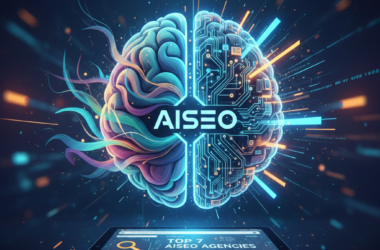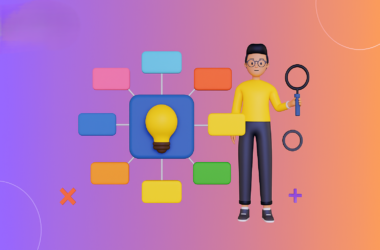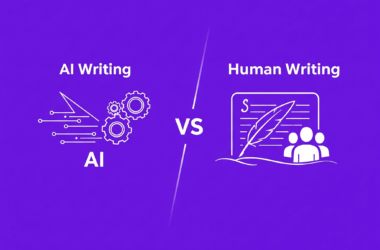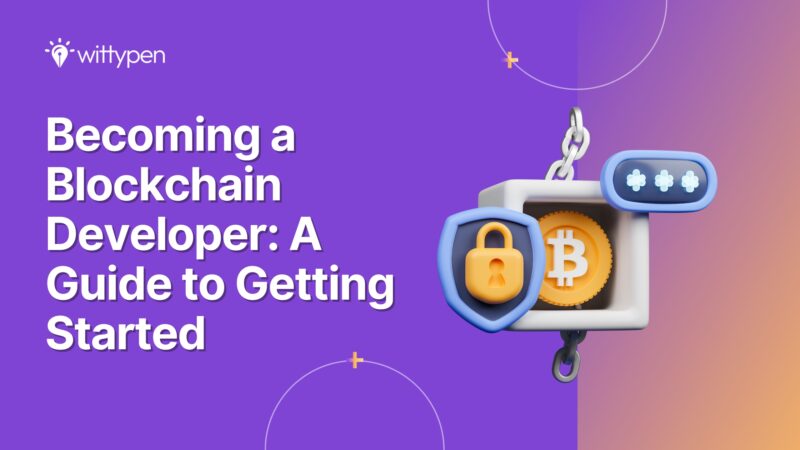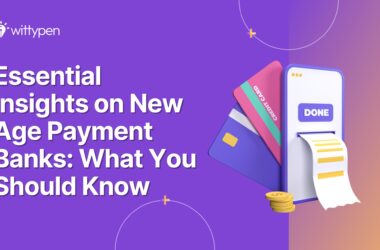There’s a voguish trend in town that has taken the world of technology and software development by storm and for good reason. It is officially defined as the world’s leading software platform for digital assets, but it’s much more.
Blockchain technology has infinite potential and holds the power to transform industries ranging from healthcare to banking to civil administration.
So, how exactly do you ‘become’ a blockchain developer or blockchain engineer?
Stay with us as we answer this question and explain the process in 7 simple steps.
How To Become a Blockchain Developer
1. Understand the technicalities
For starters, you must have a clear understanding of Decentralized databases applications consensus, Consensus Blocks, Bitcoin, Mining, Hashes, Smart Contracts, Trusted advanced computing, etc. and other technical aspects pertaining to Blockchain.
Devour all the different terms and lexicons used widely in the crypto-sphere used in blockchain technology and know them like the back of your hand. This will build the foundation of your entire tryst with this technology and is, hence, extremely important.
Furthermore, it’s also important to know the difference between public, private, and consortium blockchains along with their different features and applications.
Often, the terms blockchain and cryptocurrency are used interchangeably yet erroneously. While cryptocurrency is a medium of exchange, enabling its existence is just one of the features of the blockchain technology.
In case of cryptocurrency , the best way is to get first-hand experience. You could go to Coinbase or any other exchange and learn how the process works. This will help you get acquainted with the system in the true sense.
2. Acquire the requisite skill set
It is no surprise that different blockchains and coins are built on different programming languages. Your job is to be sufficiently skilled and confident in those particular languages. For example, the Bitcoin source code is in C++ while the Ethereum blockchain ecosystem is in Python.
You should also be proficient in Java and other basic coding as well. To deal with the front-end, you should be familiar with web development in HTML, CSS, NodeJS or MangoDB.
For the back-end, it is advisable to have an understanding of basic data structures (Stack, Queue, Trees, Linked Lists, HashMaps) since it’ll help in the implementation process and cryptography as cryptographic functions are used if the identification of users.
Another important requirement is to have knowledge of distributed ledger concepts. This is a highly preferable attribute among blockchain developers.
Since it is difficult to maintain a public blockchain because of security, performance, resource management, and isolation reasons and back-end development is quite tricky as well, your coding arsenal must comprise of all these different prerequisites.
3. Know the subtle difference between important blockchain platforms
It is one thing to know that different blockchain platforms exist and it is another to know why and for what purpose. You should know what sets them apart.
Let’s begin with Ethereum. It is widely used and the most common platform for initial coin offerings (ICOs). Open source and highly stable, it also boasts a large community base.
Dealing with Ethereum, you must keep in mind that you work with clients like Geth and Parity and also acquaint yourself with Truffle, a popular Ethereum framework. Lynda, GitHub, and YouTube videos are good sources that you must refer to before actually using the platform.
The next one is Blockstack which is used to build distributed apps on top of blockchain and run user-defined smart contracts in Ethereum Vending Machine (EVM). It helps you get real-time applications that safely store personal data without the incidence of any theft or misuse.
Moving on, MultiChain is also an open source platform, famous for its rapid deployment feature. It is widely used to establish private blockchains that can be used for financial transactions.
Lastly, you can dive into the world of Hyperledger to build privately hosted blockchains and for business-to-business cooperation. It involves a single register for record keeping. This feature holds the potential to revolutionize existing and cumbersome supply chain record keeping.
4. Learn about Smart Contracts
Smart contracts are defined as computer protocols or lines of code intended to digitally facilitate, verify, or enforce the terms, negotiation, or performance of a contract between a buyer and seller.
But in simple words, it is the blockchain technology that can supplant lawyers in real life.
Here’s a quick video about Smart Contracts:
These contracts can be encoded on any blockchain platform but Ethereum is mostly used for this purpose due to its unlimited processing capability. Other than maintaining a record of payments, smart contracts can also be used for game development.
To understand this further, you must know the three basic features of a smart contract:
– Firstly, it must be deterministic, that is, it should always give the same output to a given input.
– Next, it must be terminable. This means that it should possess the ability to prevent the program from entering an endless loop since this drains resources eventually.
– Lastly, a smart contract should be isolated in order to protect it from viruses and bugs that can hamper the entire system.
On your journey to becoming a blockchain developer, what will help you to a great extent is the knowledge of Solidity, Ethereum’s high-level language for implementing smart contracts. It is easy to understand and relatively similar to JavaScript.
It is highly popular among advanced Ethereum network developers since it is a network-specific language. However, for decentralized app development, proficiency in languages other than Solidity is more important.
5. Get into action
The best way to draw maximum learning is by getting hands-on experience with blockchain development. But you should make sure that you get feedback and suggestions from experienced developers since this step is crucial to hone your skills further.
Moving on, are you familiar with the cryptocurrency, Bitcoin? If not, check out the following video:
So start fiddling and playing around with Bitcoin’s source code. You can contribute to the project at any stage and should also try to get credentials to work on any other open source projects in the blockchain industry.
Next, to broaden your horizons, learn how the blockchain technology can be applied to various fields. How is the financial industry implementing distributed ledgers for use in banking? Can smart contracts be put to use in the music industry?
How does the blockchain technology help in combating fake news and guaranteeing authenticity? This is important to really know what you’re getting into and what’s in store for you.
Here’s a video of a TED talk by Mike Schwartz talking about the potential of blockchain:
6. A career as a blockchain developer
Now that you know the way, what is the destination really like? What exactly will you do as a blockchain engineer and where will you work?
There is an endless range of possibilities. Specialized startups, big tech firms, banks, private sector firms, government services, professional services firms – You just have to find out which sphere suits you best!
Another way to generate revenue is through open source projects like the Gitcoin project and through cryptocurrency speculation. The following video will be helpful:
Due to the volatile nature of the market, there are immense risks and opportunities that you can take advantage of.
Furthermore, if you have a great idea or confidence in your vision, you could also have your own startup. Decentralized applications can be monetized in several ways and hence, a career as a freelancer is also quite remunerative.
7. Stay updated
Lastly, considering the pace at which developments take place in the world of technology, it is crucial to always be on your toes.
So, connect with other developers. Peruse information on Reddit forums, Github pages, and StackExchange frequently. Know what they’re up to and most importantly, keep in touch with the latest technologies.
Conclusion
If the prospect of blockchain development is exciting to you, take the leap. Now that you know how to go about it, delve into the world of this technology for it is here to stay for a long, long time. Cheers!

